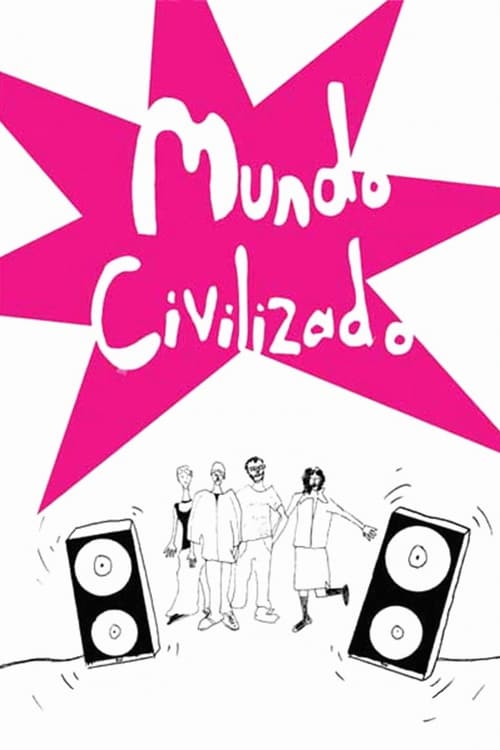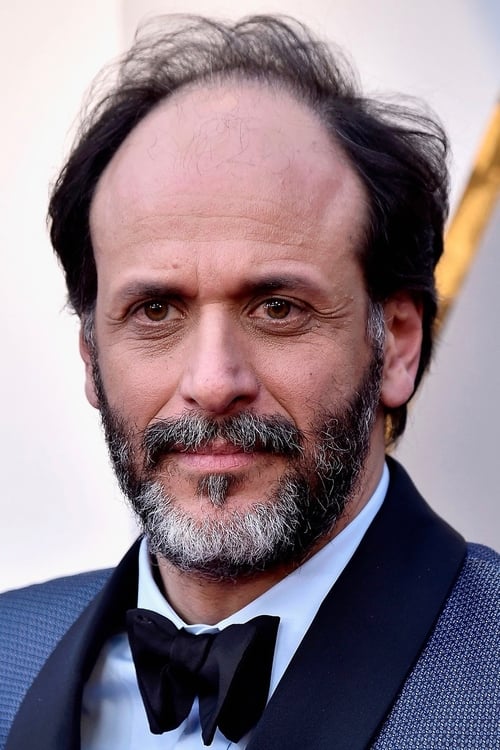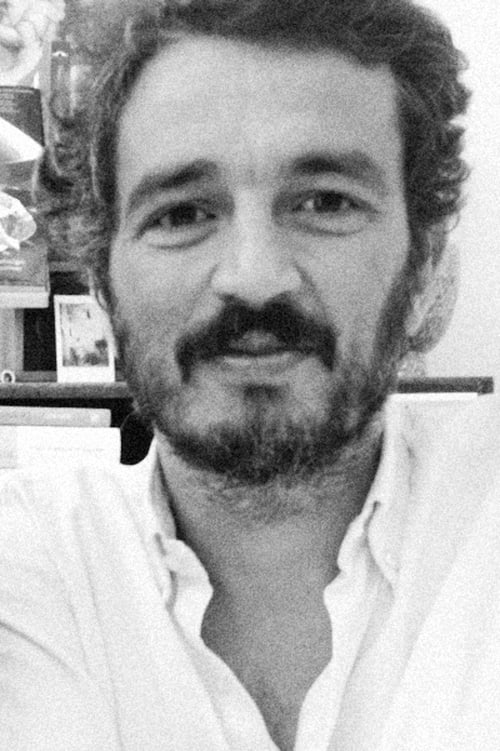Mundo Civilizado (2003)
ジャンル : 音楽, ドキュメンタリー
上映時間 : 1時間 38分
演出 : Luca Guadagnino
脚本 : Giulio Calvani, Marco Serrecchia
シノプシス
Francesca, Morgana, Edo and Antonio. Four of today’s youngsters. Four inadvertent representatives of today’s generation of 20-year-olds who “do whatever I want”.By chance they find that they’re spending a week in Catania together, the Baroque city perched on the slopes of a volcano, the continual rumbling of which seems to reflect their restlessness…

フランスの映画詩人のクリス・マルケルが、ある日本人女性を材にとったエッセイ・ドキュメンタリー。1964年10月、東京オリンピックに賑わう高度成長真っ只中の日本の姿を、村岡久美子というフランス語を学ぶ20代の女性を通して、久美子の謎/日本文化の謎/女性の神秘を詩的な映像言語で映しだしている。監督・脚本・撮影・編集・ナレーションは「サン・ソレイユ」「アレクサンドルの墓/最後のボルシェヴィキ」のクリス・マルケル。音楽は現代音楽の第一人者、武満徹(96年死去)の作品から、『弦楽のためのレクイエム』。また、折りしも日本で公開中だったジャック・ドゥミー監督の「シェルブールの雨傘」テーマ曲(ミシェル・ルグラン作曲)が引用されている。「トーキョー・メロディー」と“東京タイムスリップ1964/1984:フランス人の見たトーキョー”の題で2本立て公開された。

A young man, who served as a peacekeeper in Bosnia and Herzegovina for a few months during the war, recounts his experiences. Throughout the film, we only see his face filmed in close-up, along with a few photos. The interview acts as a strong testimony to the failure of the international community in the Yugoslav crisis.

Paris 2002. Yellow cats appear on the walls. Chris Marker is looking for these mysterious cats and captures with his camera the political and international events of these last two years (war in Iraq...).

Made entirely on Roger Wagner's HyperStudio software, Chris Marker explores set theory, using Noah's Ark as an example.

A collection of three short 'haiku videos' by Chris Marker. The first haiku, 'Yanka / Tchaika', shows the river Seine passing under a bridge. A bird in flight stays motionless in the air. The second haiku, 'Owl Gets in Your Eyes', shows Catherine Belkhodja smoking a cigarette while a superimposed shot of an owl in flight fades in and out over her face. The third haiku is a tribute to the Lumière brothers. In an homage to their style, Marker documents an event of daily life in only a minute, choosing to film work on the Petite Centure (a Parisian railway) in May 1994. Due to the work, no train actually passes and we are simply shown desolate train tracks, making the haiku a dry parody of 'L'Arrivée d'un train en gare de La Ciotat'.

During the solar eclipse of August 11, 1999, Chris Marker documents the French public looking up to the skies, with many of them wearing eclipse glasses.

From Chris Marker's collection Bestiaire aka Petit Bestiaire (1990), consisting of three video haikus.

After a military coup d'état, political dissidents seek refuge in a foreign embassy. Over the next few days, they are joined by more and more people who are fleeing the military assault: teachers, students, intellectuals, artists, and politicians.

高校の教室に現われた、やりたい放題のエキセントリックな1人の男。一体この男は何者?そしてデルピエロのサインボールの行方はいかに!?

Short documentary ordered by the magazine "Présence Africaine". From the question "Why is the african in the Human museum while Greek or Egyptian art are in Le Louvre?", the two directors expose and criticise the lack of consideration for African art. The film was censored in France for eight years because of its anti-colonial perspective.
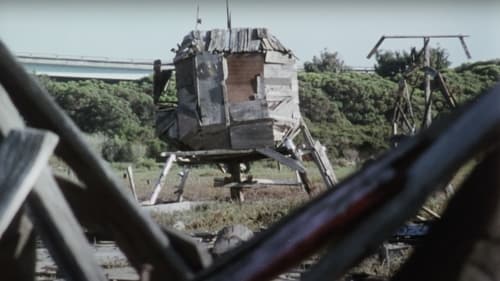
A short film that shows Boundless, Surreal objects that are juxtaposed with our present World. Cars, Motorways, noise of our modern society; A giant city in the distance - all that shrouds this lonely and forgotten island of Dreams. Filmed at the Emeryville Mudflats near San Francisco.
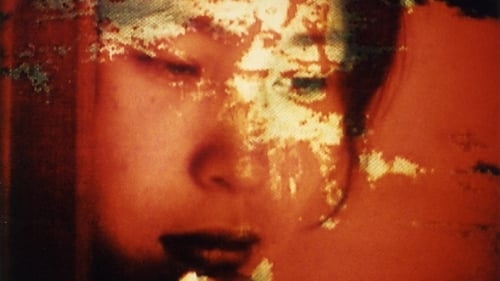
The French computer programmer Laura inherits the task of making a computer game of the Battle of Okinawa in Japan during World War 2. She searches the Internet for information on the battle, and interviews Japanese experts and witnesses. The extraordinary circumstances of the Battle of Okinawa lead Laura to reflect deeply on her own life and humanity in general, particularly the influence of history and memories.
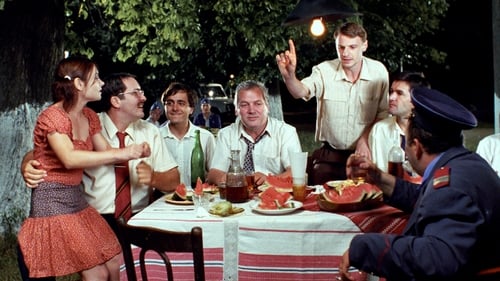
Tales from the Golden Age is composed of 6 unconventional short stories, each one dealing with the late communist period in Romania, told through its urban myths from the perspective of ordinary people. The title of the film refers to the alluded "Golden Age" of the last 15 years of Ceauşescu's regime.

Big dreams, big blunts, big rims, and big guns. It's time to get gangsta gangsta. Ninja and Yo Landi are wheelchair-bound lovers and real gangstas. They live in the outskirts of civilization, they shoot guns for fun, smoke massive joints, and sleep in the woods. They don't have any bling to show for their gangsta cred, but the world deserves to know who they are. They're tramps, and their wheels are starting to fall off. Ninja become despondent over their vagabond existence, but Yo Landi won't let him give up. What ensues is straight up gangsta mayhem, the realist of the real, true gangsta shit.
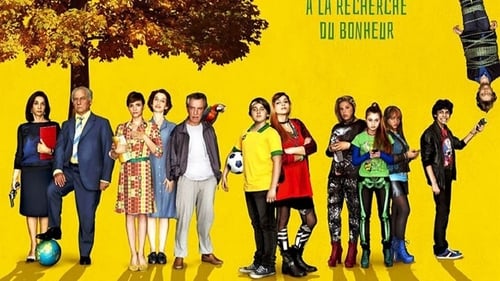
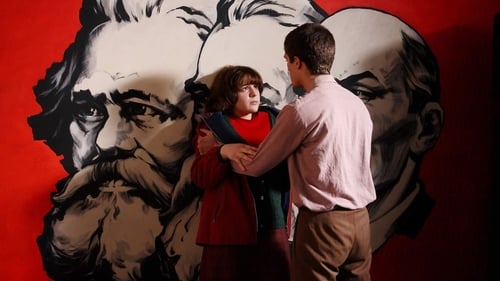
Late '50s to early '60s, when the space war between the Soviet and US was fiercely going on, a fifteen-year-old member of the communist party, Luciana, develops her ideals while living with her bourgeois stepfather, and among male chauvinists in a communist group in Rome. Her only friend is her brother Arturo, who dreams of going to space but is unable to do so due to his epilepsy.
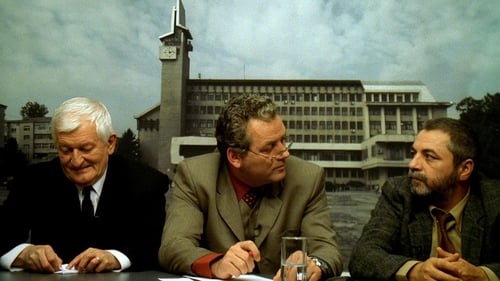
It's the 22nd of December. Sixteen years have passed since the revolution, and in a small town Christmas is about to come. Piscoci, an old retired man is preparing for another Christmas alone. Manescu, the history teacher, tries to keep up with his debts. Jderescu, the owner of a local television post, seems not to be so interested in the upcoming holidays. For him, the time to face history has come. Along with Manescu and Piscoci, he is trying to answer for himself a question which for 16 years has not had an answer: "Was it or wasn't it a revolution in their town?"
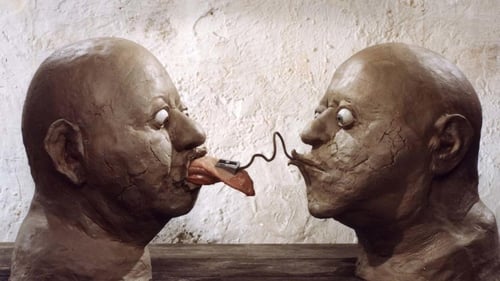
A three-part depiction of various forms of communication.
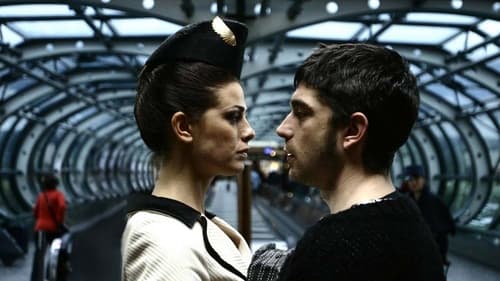
Dante, a pony express in serious debt, meets Nina, a hostess stuck in Torino for the night.
